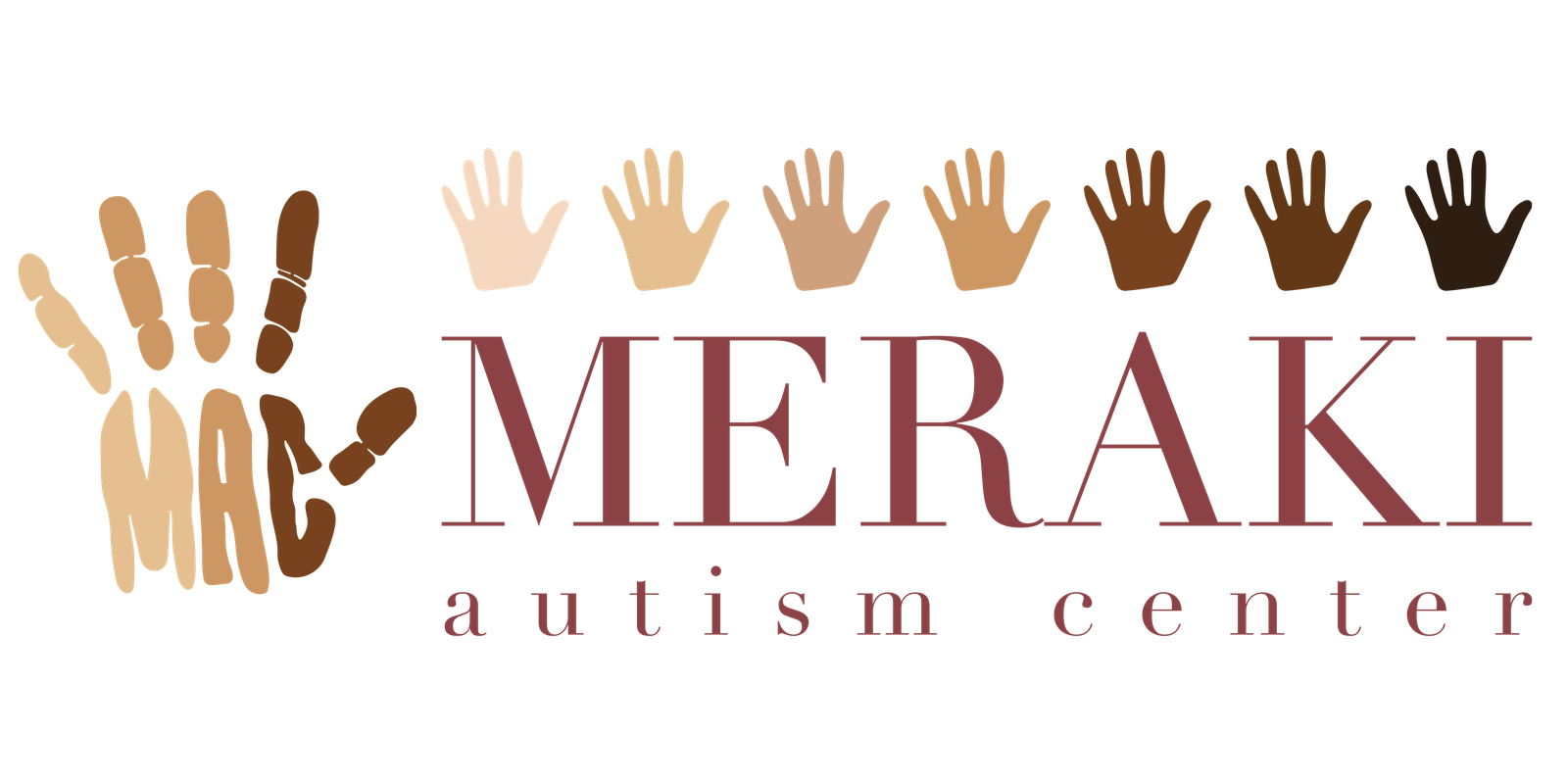Identifying autism spectrum disorder (ASD) early in childhood can have a tremendous impact on a child’s developmental journey. Applied Behavior Analysis (ABA) therapy, a leading evidence-based intervention, is particularly effective when started early. But how do parents know when to start? Let’s discuss recognizing early signs of autism and the importance of beginning ABA therapy promptly.
Common Early Signs of Autism
While each child develops differently, certain behaviors may indicate early signs of autism. These can include:
- Delayed Communication: Children may have delayed speech, limited babbling, or difficulty responding to their name.
- Limited Social Interaction: Reduced eye contact, minimal interest in peers, or lack of shared interests and emotions.
- Repetitive Behaviors: Actions such as hand-flapping, rocking, or persistent fixation on specific objects or routines.
- Sensory Sensitivities: Unusual reactions to sounds, textures, or environments, either being overly sensitive or not sensitive enough.
Recognizing these signs early empowers parents and caregivers to seek the necessary support and resources.
The Importance of Early Intervention
Research consistently shows that early intervention significantly improves outcomes for children with autism. Early ABA therapy supports essential skills during critical developmental windows, leveraging neuroplasticity—our brain’s ability to form and reorganize neural connections.
Children who start ABA therapy early typically demonstrate:
- Enhanced communication and language skills
- Improved social skills and peer relationships
- Decreased challenging behaviors
- Increased independence in daily activities
What Does Early ABA Therapy Look Like?
Early ABA therapy at Meraki Therapy Center involves personalized, play-based interventions. Therapy sessions are engaging and tailored to each child’s developmental level and interests. Typical components include:
- Skill Assessments: Evaluating strengths and identifying areas needing support.
- Individualized Goals: Developing tailored programs to build essential social, communication, and life skills.
- Positive Reinforcement: Using praise, play, or rewards to encourage desired behaviors.
- Family Involvement: Empowering parents and caregivers with strategies to support their child’s development at home.
Next Steps if You Notice Signs
If you recognize signs of autism or developmental delays in your child, the next steps involve reaching out for professional guidance. Meraki Therapy Center provides comprehensive screenings and assessments, guiding families through the evaluation and therapy initiation process.
Our compassionate, skilled team is here to help you navigate the journey of early intervention, ensuring your child receives the support and resources necessary for success.
Concerned about your child’s development? Contact Meraki Therapy Center today to discuss assessments and early intervention options. Early support makes all the difference.






0 Comments